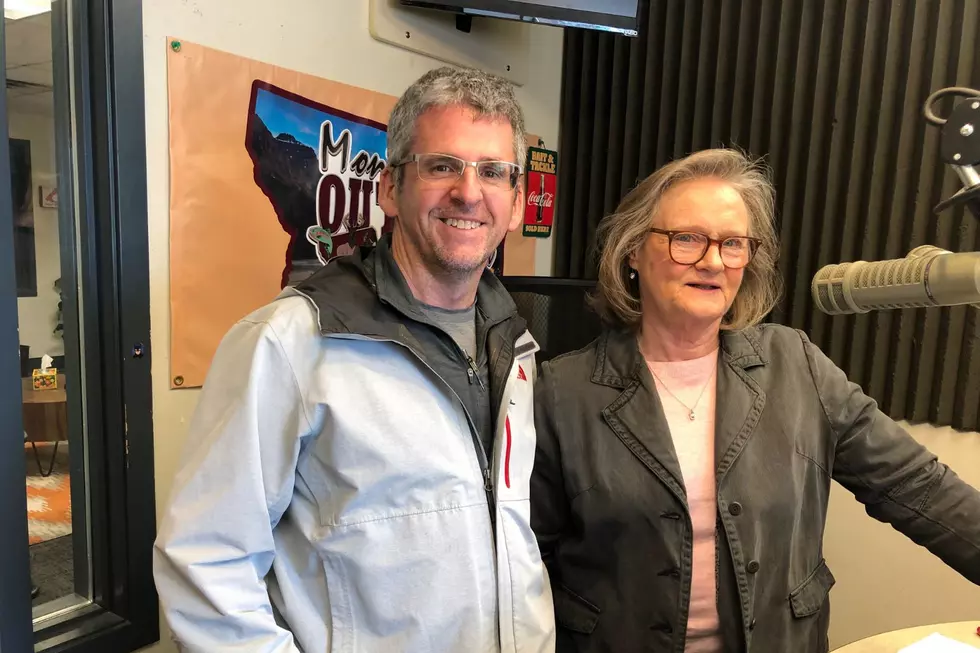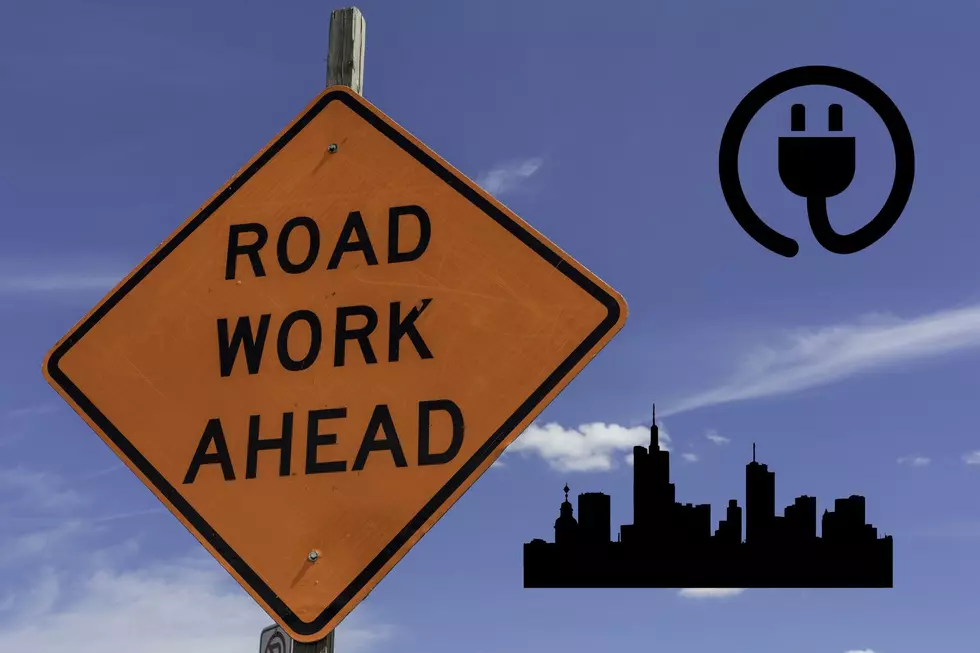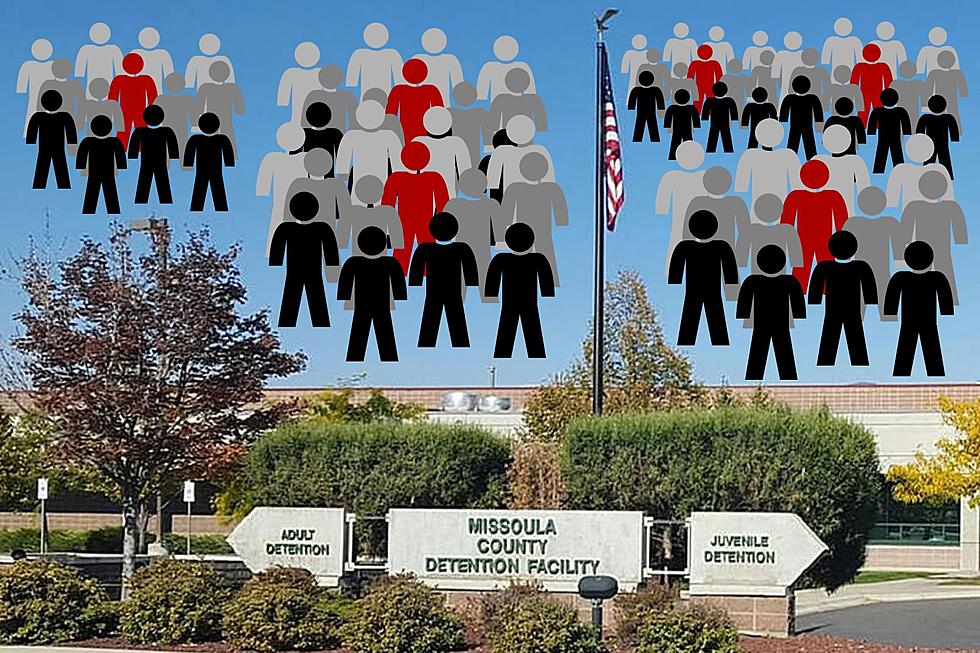
Sparks Fly on Talk Back as Disaster Expert Reflects on COVID-19
Missoula, MT (KGVO-AM News) - When the COVID-19 pandemic first arrived, KGVO reached out to Dr. Peter Marghella, an expert on medical and public health preparedness and response for large-scale disasters and catastrophic casualty events for his expertise on responding to the pandemic.
Marghella looked back at a report released before the pandemic on what might occur in the United States, and it was remarkably accurate.
“The spread of a novel virus disease could present significant ethical, political, cultural, operational, and legal challenges,” began Dr. Marghella. “I think most people who have kept up with this and have watched the progress of the pandemic response for three years would agree that this is exactly what happened almost verbatim with this real life experience.”
Marghella provided eye-opening statistics on the effect of the pandemic on the U.S. as compared to the rest of the world.
“This pandemic killed more Americans than all of the Americans killed in every war between the 20th and 21st century,” he said. “Cumulatively, that's a vast number. Second, we are greater by a single order of magnitude meaning times two, in terms of our fatality load than any other nation in the world, especially amongst the five most populated and developed nations.”
Marghella dug even deeper into the statistics of COVID versus the flu epidemic in the early 1900s.
“We doubled the entire fatality load of the largest disease outbreak in human history of 1918 and 1919 here in the United States,” he said. “In 1918 and 1919, when we didn't have any vaccines and medicine wasn't nearly as well developed in this country, nor was our medical infrastructure we had approximately 600,000 deaths yet in this pandemic, which had far less a global fatality load, and I'll remind the audience that in 1919, the cumulative load was 100 million. We have doubled that number.”
Dr. Marghella closed the 90-minute conversation with a statement about the possible failure of the U.S. to plan for another such epidemic or natural disaster, with what has been termed ‘Marghella’s Law’.
“I have a quote that talks exactly to this,” he said. “This is becoming known as Marghella’s Law in the emergency management community and I've mentioned this before, and here it is. ‘By failing to engage in adequate deliberate planning ahead of a crisis, the chances of mounting an adequate response decrease in equal but directly inverse proportion to the scope and scale of the event necessitating a response in the first place.’
Sparks flew when some callers disputed the efficacy of the COVID vaccine while Dr. Marghella had no patience for their views.
Click here to listen to the entire 90-minute conversation with Dr. Peter Marghella.
Answers to 25 common COVID-19 vaccine questions
More From Newstalk KGVO 1290 AM & 98.3 FM









